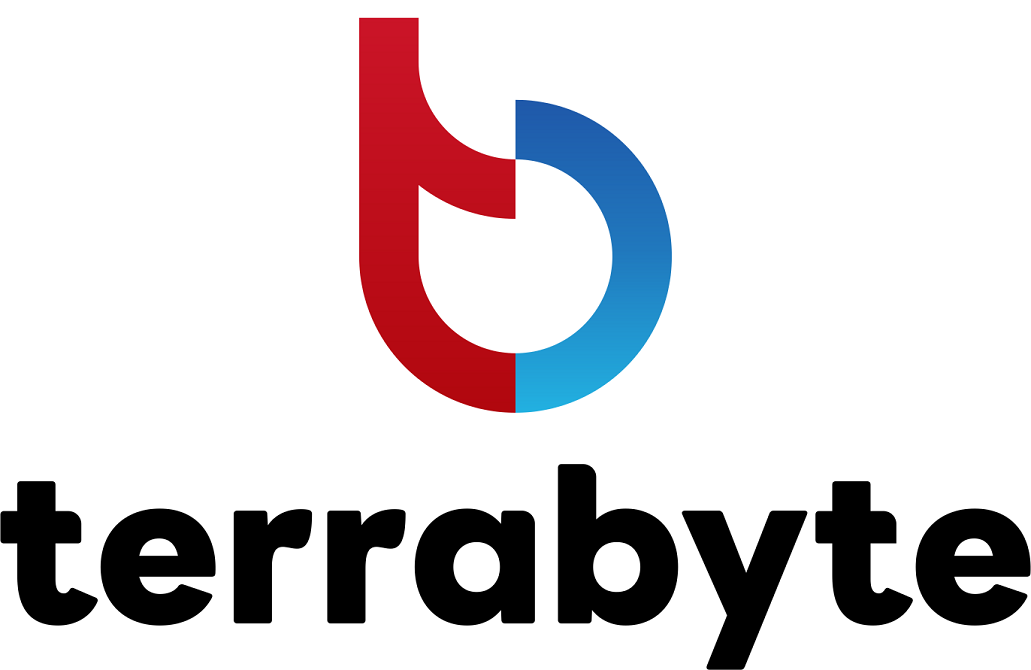Singapore, as one of the leading financial and technological hubs in Asia, faces unique cybersecurity challenges, especially when it comes to threats emerging from the dark web. With the city-state’s high concentration of digital activity and critical infrastructure, it is a prime target for cybercriminals looking to exploit vulnerabilities.
Singapore’s Growing Exposure to Dark Web Threats
As the digital landscape continues to evolve, the dark web has become an increasingly active and risky space for Singaporean businesses, government institutions, and individuals. With highly sensitive information such as financial data, personal identities, and intellectual property available on the dark web, Singapore faces severe threats that can lead to data breaches, financial loss, and reputational damage.
Key factors contributing to Singapore’s exposure to dark web threats include:
- Singapore’s Status as a Financial Powerhouse
As one of the world’s most advanced financial centers, Singapore is a prime target for cybercriminals seeking to infiltrate its financial institutions. Financial data, customer records, and banking details are often bought and sold on the dark web. Financial services firms must therefore be vigilant about monitoring potential breaches, especially when it comes to insider trading and market manipulation threats facilitated by the dark web.
- Rising Cybercrime Activities
Cybercriminals use the dark web to buy and sell malicious tools, such as ransomware, exploit kits, and malware. In Singapore, this has led to an increase in targeted attacks against both small businesses and large enterprises, seeking to cripple operations and extort money. Ransomware-as-a-service platforms on the dark web provide attackers with easy access to tools that allow them to execute sophisticated attacks on organizations of any size.
- Data Breaches and Stolen Personal Information
With the increasing digitization of services, personal and private data has become a valuable commodity on the dark web. For example, data from public institutions, healthcare providers, and e-commerce platforms is frequently targeted. Once stolen, this data is often traded on dark web marketplaces, which can lead to identity theft, credit card fraud, and targeted phishing attacks.
- Advanced Persistent Threats (APTs)
Singapore, due to its strategic geographical and economic position, faces risks from Advanced Persistent Threats (APTs), which are often state-sponsored or highly sophisticated cyber-attacks. APTs commonly operate within the dark web, where stolen data, hacking tools, and exploit kits are traded, providing adversaries with the resources needed to execute long-term, stealthy attacks.
- Increased Attack Surface Due to Technological Innovation
Singapore is also home to many startups and tech giants in industries such as fintech, healthcare, and digital services. As these industries expand their technological footprint, they also inadvertently increase their exposure to cybercriminals. The rapid adoption of technologies like the Internet of Things (IoT), cloud computing, and artificial intelligence creates more entry points for hackers to exploit, and the dark web serves as a platform for distributing tools and knowledge to facilitate these breaches.
Dark Web-Related Risks for Businesses in Singapore
For businesses, the dark web poses several risks that can have a significant impact on operations and reputation:
- Intellectual Property Theft: In a competitive economy like Singapore’s, the theft and sale of intellectual property or proprietary business information on the dark web can cripple an organization’s competitive advantage. Businesses must safeguard their valuable data against exposure by using encryption, robust security protocols, and ongoing threat intelligence efforts.
- Brand Reputation and Trust Loss: Once an organization’s data is compromised and found on the dark web, its reputation can be irreparably damaged. Customers, partners, and stakeholders lose confidence in a company that fails to protect sensitive information. Monitoring dark web activities and reacting promptly to data leaks is key to protecting brand reputation.
- Legal and Regulatory Implications: Data leaks and breaches involving personal data expose businesses to regulatory penalties. In Singapore, the Personal Data Protection Act (PDPA) ensures that organizations must take appropriate measures to protect customer data. Failure to do so can result in hefty fines and legal consequences, especially when exposed information is found on the dark web.
Conclusion
The dark web is a growing threat in Singapore, and its impact on cybersecurity cannot be underestimated. As cybercriminals continue to exploit it for illicit activities, organizations must remain vigilant by incorporating dark web monitoring and advanced threat intelligence into their security strategies.
By staying proactive and using the right tools to track dark web activity, businesses can prevent data leaks, protect sensitive information, and ultimately safeguard their future. For tailored cybersecurity solutions to address dark web threats, consult Terrabyte to build an effective defense strategy.





